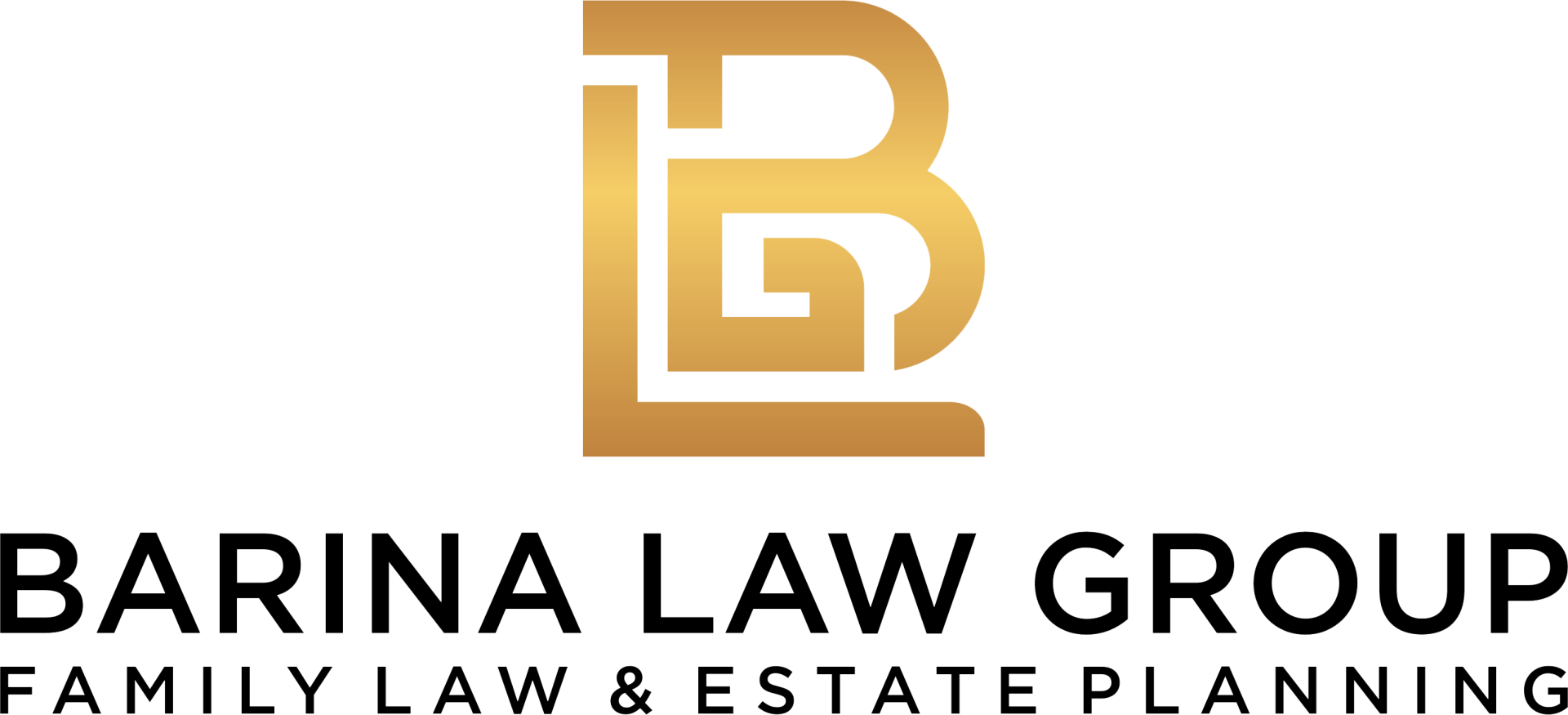What Are the Potential Repercussions of Errors in the DIY Estate Planning Process?
Estate planning is a crucial process which ensures your assets are distributed according to your wishes after your passing. Although creating a do-it-yourself (DIY) estate plan may seem appealing due to potential cost savings, it can lead to significant risks and challenges. While many online sources provide templates for estate planning documents that allow you to fill in the blanks and draft a will or other documents in a matter of minutes, taking this route could result in unintentional negative consequences for you and your loved ones.
Protecting the financial well-being of those closest to you and ensuring they clearly understand your intentions and desires should the worst occur is one of the most valuable gifts you can give. Legal challenges and confusion are the last things you want for your family during an already difficult time. Unfortunately, if a DIY estate plan is not created with the utmost care, it may not necessarily provide the protection for your assets and guidance for their distribution that you intended. An experienced Texas estate planning attorney can outline some of the most frequently encountered mistakes in DIY estate plans and explain why seeking skilled legal assistance can be essential.
Could a DIY Estate Plan Face Legal Difficulties?
Estate planning documents, such as wills, trusts, and powers of attorney, must meet specific legal requirements to be valid under state law. According to the Texas Estates Code Section 251.051, a will must be in writing, signed by the testator (the individual making the will), and witnessed by at least two credible witnesses. DIY estate planners may inadvertently overlook these requirements or fail to include necessary provisions, rendering their documents invalid or ineffective. These oversights can result in the estate being distributed according to Texas intestacy laws rather than the deceased’s wishes, potentially leading to family disputes and unintended beneficiaries receiving assets.
How Can DIY Estate Plans Become Obsolete and Leave Your Loved Ones Vulnerable?
Many individuals using generic estate planning documents make the mistake of failing to account for changes in life circumstances and not updating their plans accordingly. Life events such as births, deaths, marriages, divorces, or significant changes in assets can have a substantial impact on an estate plan. DIY planners may not realize the importance of regularly reviewing and updating their documents to reflect these changes.
Unfortunately, wills and other documents may lose their relevance and effectiveness over time if not kept current. For instance, if a will designates specific property to certain heirs, but over time, one asset grows while another is depleted, it could result in unintended imbalances and unequal distributions at death. When working with a trusted estate planning attorney, they can provide ongoing support and guidance to ensure that all documents and plans remain aligned with changing circumstances.
What Are the Potential Effects of Not Engaging in Careful Tax Planning?
Estate and gift taxes can substantially impact the value of assets passed on to beneficiaries. Individuals may inadvertently create unnecessary tax burdens for their heirs due to their lack of knowledge of tax laws and strategies. For example, they may not be aware of the benefits of establishing irrevocable trusts to minimize estate taxes or the importance of gift tax planning. A Texas estate planning attorney can help identify tax-saving opportunities and structure the estate plan to maximize the financial legacy left to loved ones.
What Other Documents Should Be Considered in Addition to a Will?
Many DIY estate planners underestimate the complexity of their estate and fail to address all necessary components. They may focus solely on creating a will, overlooking other crucial elements such as living wills, trusts, and powers of attorney for healthcare and finances. This oversight can leave individuals vulnerable in cases of incapacity or result in assets being subject to probate, a time-consuming and potentially expensive court process. Additionally, DIY services may not consider unique circumstances individuals could face, such as providing for a family member with special needs, protecting assets from creditors, or ensuring a smooth transition for business interests. A comprehensive estate plan created with professional guidance can address these challenges and provide carefully crafted solutions for individual situations.
Why Is Clarity Vital in Estate Planning Documents?
One of the most significant risks of DIY estate planning is the potential for ambiguity or contradictions within the documents. Without the benefit of legal proficiency, individuals may use unclear language or create conflicting provisions that lead to confusion and disputes among beneficiaries. For example, a DIY will may contain vague descriptions of assets or beneficiaries, making it difficult to determine the testator’s true intentions. These ambiguities can result in costly and time-consuming litigation, ultimately reducing the estate’s value and potentially causing painful rifts between family members.
What Is the Importance of Accounting for Assets Not Included in a Will?
DIY estate planners often overlook the importance of proper asset titling and beneficiary designations. Many types of assets, such as retirement accounts, life insurance policies, and jointly owned property, pass outside of the will through beneficiary designations or rights of survivorship. Failing to coordinate these designations with the overall estate plan can lead to unintended outcomes, such as assets being distributed to ex-spouses or key assets bypassing trusts set up for minor children.
How Can Our Law Firm Help You Safeguard Your Estate?
While DIY estate planning may appear to be a cost-effective solution, it often leads to significant risks and challenges that can have long-lasting consequences for loved ones. Successfully accounting for estate laws, tax implications, and changing life circumstances typically requires expertise beyond what most people can achieve on their own. By seeking the assistance of an experienced Texas estate planning attorney, individuals can make certain their estate plan is legally valid, comprehensive, and tailored to their unique circumstances.
Personalized legal guidance not only provides peace of mind but also helps minimize potential conflicts, maximize the estate’s value, and ensure that your legacy is preserved and distributed according to your wishes. Ultimately, the relatively small investment in estate planning services can save beneficiaries significant time, money, and emotional distress in the long run. Barina Law Group can help you build a robust estate plan that protects your hard-earned assets, grows with you, and covers all eventualities during your lifetime and beyond. To schedule a customized strategy session with a knowledgeable attorney, contact our office today at 254-699-3755.


 CALL US NOW
CALL US NOW






